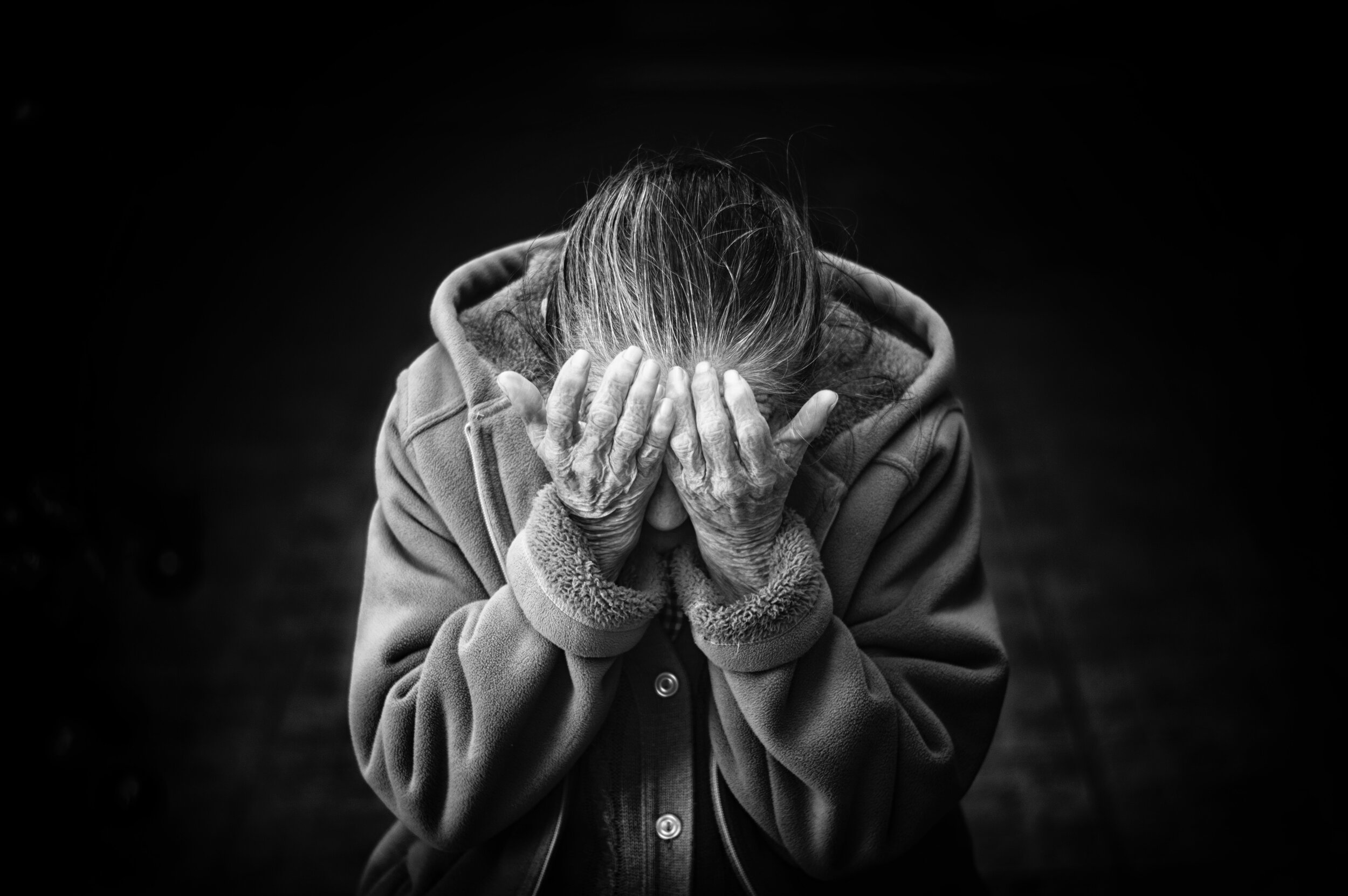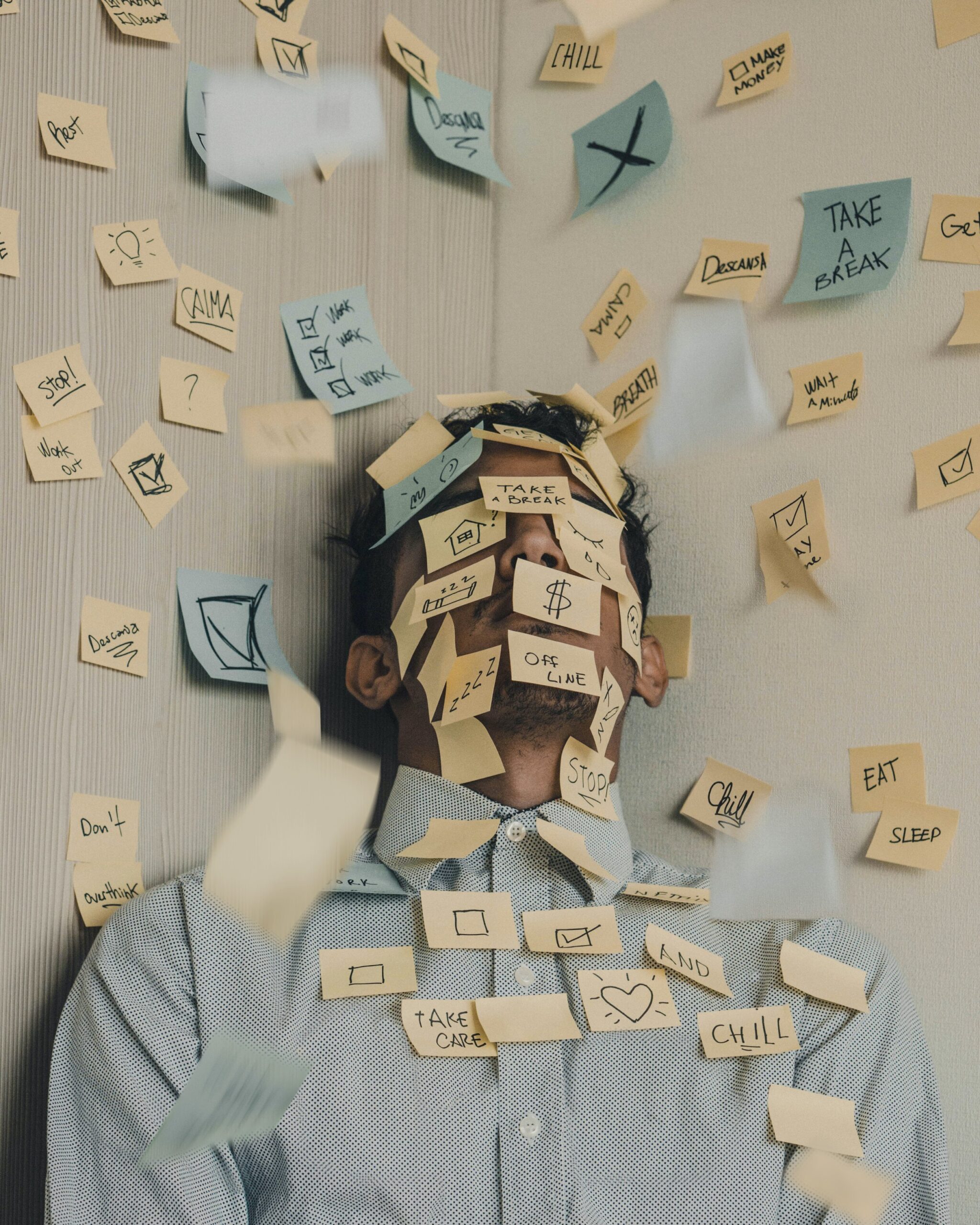THE BLOG

May is Meditation Month however it doesn’t just need to be May to practice the daily benefits of mindfulness and meditation. Mindfulness is the practice of staying present, and focusing on the moment. Research shows that practicing mindfulness through meditation or other relaxation strategies daily can lead to many benefits for both our physical and emotional wellbeing.
Anger is a healthy emotion, but often we worry it isn’t. Focused on the behaviors anger can lead to, we often avoid thinking about and tackling why we are feeling angry. We all experience anger, from frustration with a co-worker to full-blown anger in a breakup or another scenario. Amongst varying degrees of anger, it’s helpful to have strategies that support regulating these emotions, so that you are not impacted negatively.
By practicing coping strategies daily, to reduce and manage anger, we can find ourselves better able to manage stressors as they arise. Here are a few daily practices to try that can support this.
We know we all need to engage in self-care. It makes us feel good, it helps us destress, and we know that there are long-term benefits for our mental and physical health. However, in difficult moments, it’s often difficult for our brains to remember all the self-care activities we know as our nervous systems take over and attempt to fight or flee. Thus, developing a self-care toolkit for any moment can be helpful. By having these on hand, you can use them anytime you feel stress or need something to help you regroup.

Starting your day off focused on things you enjoy, and what you want to achieve, can reduce the stress that can sometimes occur first thing. Aim to spend a few moments each morning focused on what you want your day to look like. Imagining a positive outcome can assist in this actually occurring. So aim to start your day considering what you are looking forward to and practicing self-care first thing.
Therapist Favorites
Explore a curated selection of blog posts recommended by our therapists, designed to provide valuable insights, practical tips, and expert advice on a variety of mental health topics.
MEET OUR THERAPISTS

As much as we would like to never experience grief, it is a universal experience that is unfortunately inevitable. Grief is the acute feeling of shock, overwhelming sadness & pain when someone passes away. It comes on suddenly, is strong & usually knocks the wind out of us. Grief comes in waves & may impact you at different times in your life. For example, if you just received a promotion at work, your first instinct might be to call your mother to share the good news. As you pick up the phone, you suddenly remember that your mother passed away a few years ago. The realization that she is no longer living, causes feelings of grief to wash over you. This is how grief ebbs & flows. Grieving on the other hand is the process of how we adapt to this loss in order to move forward with our lives. Grieving is fluid & demonstrates the relationship we have with grief as it changes over time.

When many of us think of “wellness”, the first thing that may come to mind is our physical or mental health. Although our physical and mental health are important aspects of our wellness, there are many more contributing factors. Debbie Stoewen identifies eight separate, but equally important, components of wellness (2017). These eight components, named the “Dimensions of Wellness”, are independent of one another, but can also significantly influence and impact each other as well. These dimensions don’t require equal attention paid to them, but neglecting one can have negative consequences on the others, including our overall wellness.

It’s that time of the year again. St. Patrick’s day can be a highly anticipated celebration for many people. Many times there are parade’s and day long events that often include excessive alcohol intake. People usually start early and day drinking can be something glorified and bragged about on social media. If you live in or around the Jersey Shore you know that parade season can last a few weekends. This trend can leave a lot of triggers for people who are recovering and trying to protect their recovery with substance use. Even if you want to go to the parade, the temptation and environment can be difficult when you see people inebriated, slurring their words, and being rambunctious. The boardwalk’s starting to come alive again. Bars are flooded and food concessions are open.
All Recent Posts

As the pandemic has raged on, various communities have experienced struggles in our country and others, political tension has risen, and other nations have experienced hardships, the uncertainty and unpredictability of things can lead to feeling many symptoms of anxiety.
While many have established strategies to cope with some of the above factors, like wearing masks, the emotional toll these events have taken on us is large. The way we handle the difficult emotions that have developed as a result of this time period is important, as they can continue to negatively impact ourselves and others.

Losses of loved ones, losses of jobs, relationships ending, lack of being able to see our loved ones, and more, all have a significant impact on us. When experiencing a loss of any kind it’s normal to experience a variety of emotions including guilt, anger, fear, and shock. There are coping strategies to care for yourself as you process loss and feelings of grief, in addition to seeking support from friends, family, and maybe even a therapist. Seeking some strategies to assist in coping with the process of grief as we transition to a new period, here are a few:

As much as we would like to never experience grief, it is a universal experience that is unfortunately inevitable. Grief is the acute feeling of shock, overwhelming sadness & pain when someone passes away. It comes on suddenly, is strong & usually knocks the wind out of us. Grief comes in waves & may impact you at different times in your life. For example, if you just received a promotion at work, your first instinct might be to call your mother to share the good news. As you pick up the phone, you suddenly remember that your mother passed away a few years ago. The realization that she is no longer living, causes feelings of grief to wash over you. This is how grief ebbs & flows. Grieving on the other hand is the process of how we adapt to this loss in order to move forward with our lives. Grieving is fluid & demonstrates the relationship we have with grief as it changes over time.

When many of us think of “wellness”, the first thing that may come to mind is our physical or mental health. Although our physical and mental health are important aspects of our wellness, there are many more contributing factors. Debbie Stoewen identifies eight separate, but equally important, components of wellness (2017). These eight components, named the “Dimensions of Wellness”, are independent of one another, but can also significantly influence and impact each other as well. These dimensions don’t require equal attention paid to them, but neglecting one can have negative consequences on the others, including our overall wellness.

It’s that time of the year again. St. Patrick’s day can be a highly anticipated celebration for many people. Many times there are parade’s and day long events that often include excessive alcohol intake. People usually start early and day drinking can be something glorified and bragged about on social media. If you live in or around the Jersey Shore you know that parade season can last a few weekends. This trend can leave a lot of triggers for people who are recovering and trying to protect their recovery with substance use. Even if you want to go to the parade, the temptation and environment can be difficult when you see people inebriated, slurring their words, and being rambunctious. The boardwalk’s starting to come alive again. Bars are flooded and food concessions are open.

Sleep is a crucial part of our lives, and it’s essential for good health. However, in today’s fast-paced society, it’s easy to get caught up in a cycle of sleep debt. Sleep debt is a term used to describe the cumulative effect of not getting enough sleep over time. This can happen if we consistently go to bed late and wake up early, or if we have poor sleep quality. When we don’t get enough sleep, our bodies start to accumulate a sleep debt, which can lead to a range of physical and mental health problems.

Losses of loved ones, losses of jobs, relationships ending, lack of being able to see our loved ones, and more, all have a significant impact on us. When experiencing a loss of any kind it’s normal to experience a variety of emotions including guilt, anger, fear, and shock. There are coping strategies to care for yourself as you process loss and feelings of grief, in addition to seeking support from friends, family, and maybe even a therapist. Seeking some strategies to assist in coping with the process of grief as we transition to a new period, here are a few:
LOOKING FOR MORE ON

LOOKING FOR MORE ON
The benefits of getting enough sleep HUGE! Increased energy and concentration, improved mood, and cognitive impairments are among some of the emotional wellness benefits. Additionally, there are many physical health benefits, including boosting your immunity, maintaining physical health such as a healthy weight, and reducing risk of chronic conditions such as high blood pressure and diabetes. With May being Better Sleep Month, we wanted to give you a few tips on maximizing your sleep, to ensure you’re benefiting both your physical and mental health.

LOOKING FOR MORE ON
How do we develop compassion? There are a few ways. Try to schedule time to implement self-compassion each week. Once a day, every few days, tailor a schedule that works best for you and dedicate a few moments to note these stressors and diligently preclude self-admonishment with self-kindness. Then increase the time periods in your compassion calendar to include these measures of mindfulness.